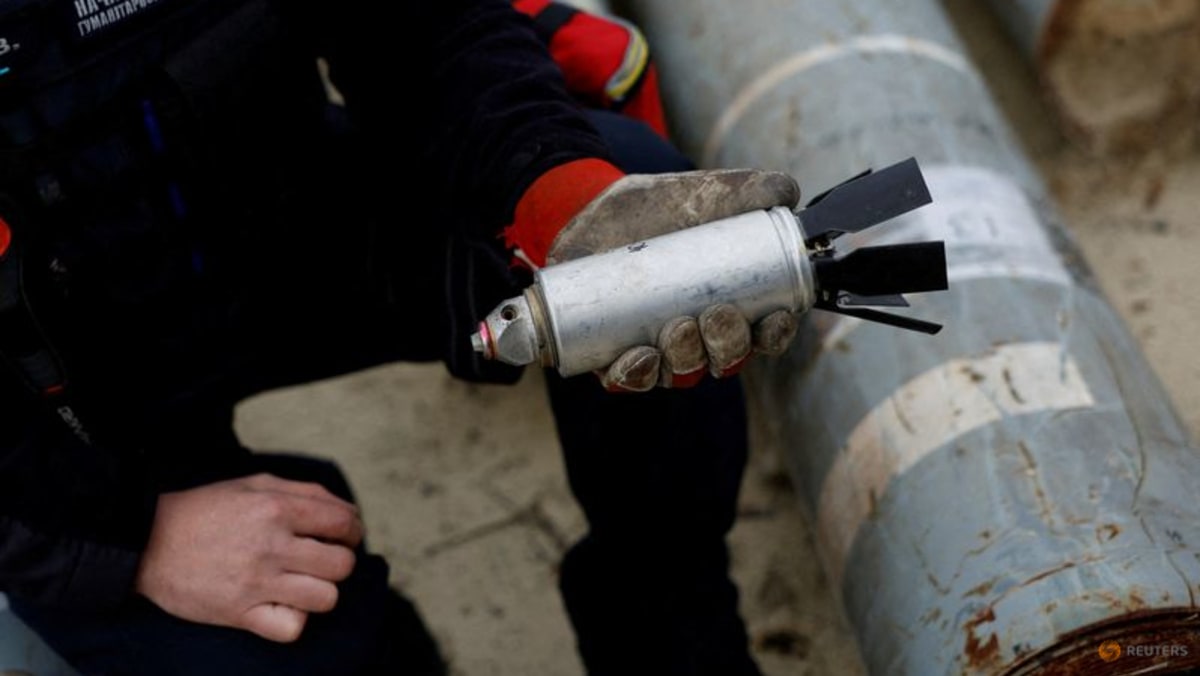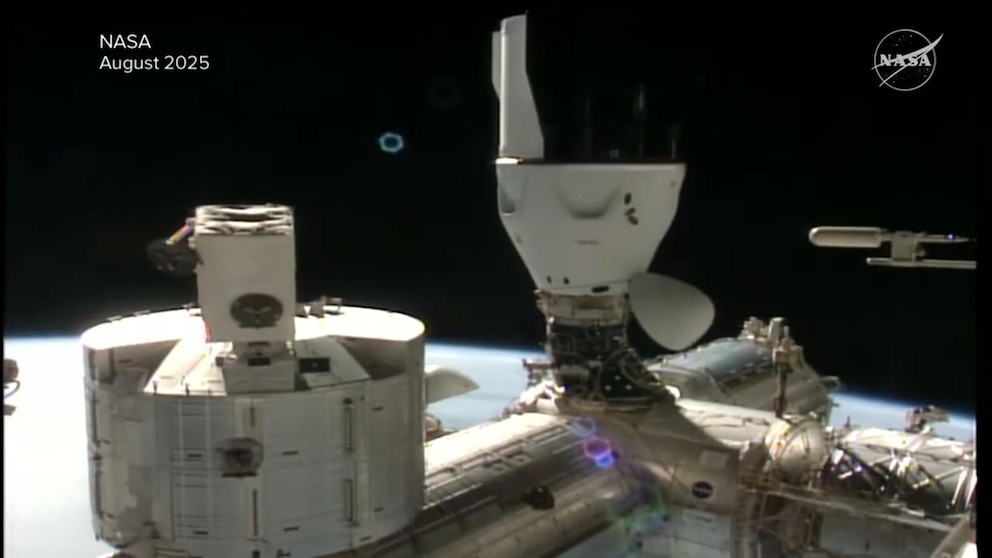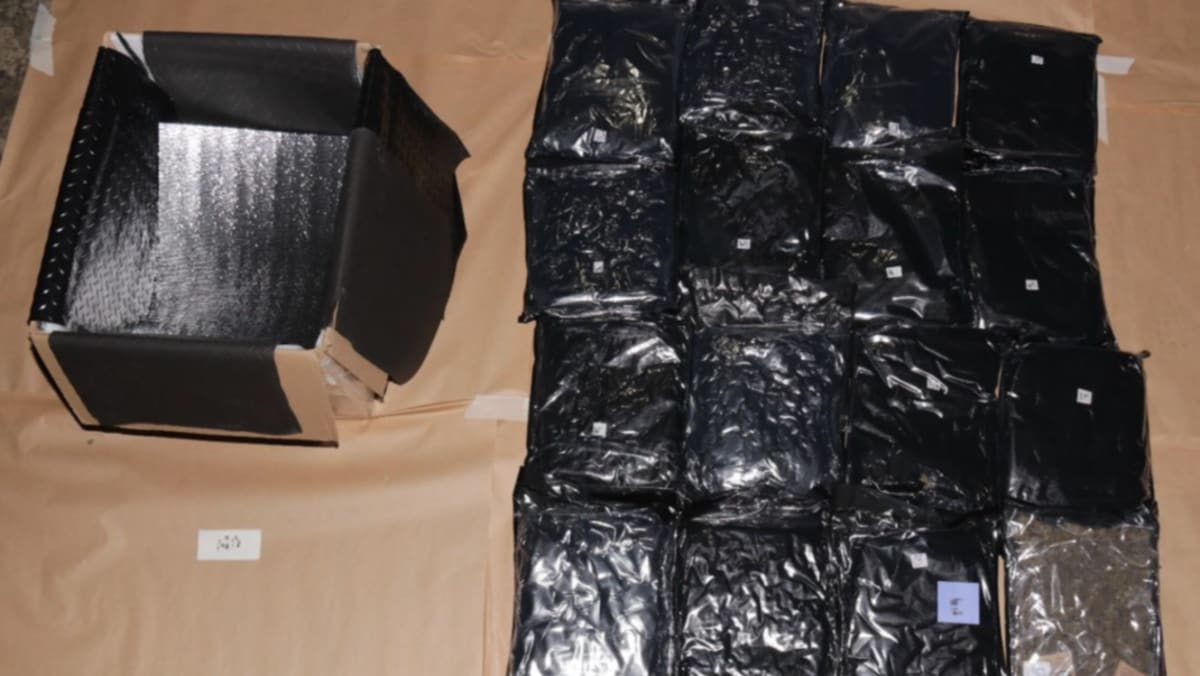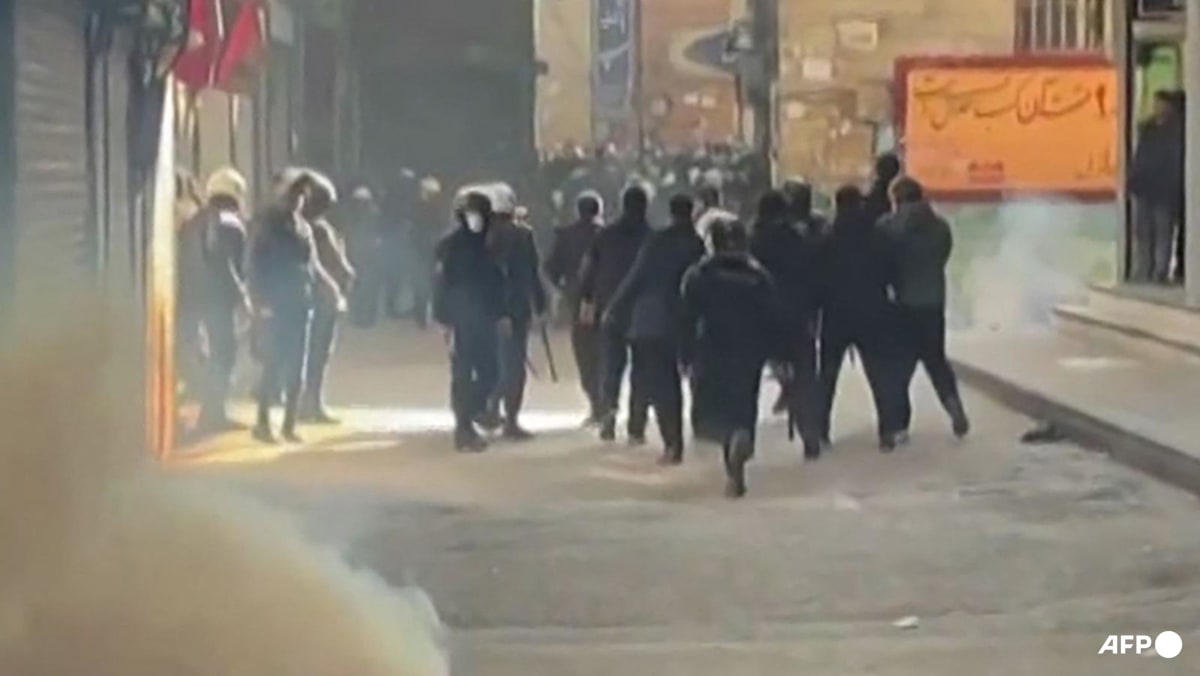Snap Insight: What’s behind the controversy around US decision to send cluster bombs to Ukraine

RISK TO LIFE LONG AFTER WAR ENDS
The dual-purpose improved conventional munitions (DPICM) that US will be sending Kyiv are 155mm calibre artillery shells designed to burst at a preset altitude and distance from the desired target, and scatter 72 smaller bomblets over a wide area.
These submunitions will then explode on contact with the surface or be set to explode at a predetermined altitude above the ground, for use against lightly armoured vehicles or troops.
They can also be set to not explode but remain live, in effect becoming mines that can be used to deny an adversary the freedom to manoeuvre over the affected area.
Ukraine intends to use the DPICMs in the former role in its ongoing counteroffensive, using them to clear defensive lines in southern and eastern Ukraine where it is trying to wrest control from the occupying Russians, who have constructed a multilayered defensive network that includes extensive manned trenches, obstacles, fortifications and minefields.
The issue with the use of these weapons is that not all submunitions will work as intended, with some failing to explode and effectively becoming landmines, posing a risk to life and limb long after wars end and requiring expensive, dangerous demining work.
This is the key reason why the supply and use of such weapons is controversial, despite their very real military utility in the kind of war Ukraine is currently waging.
The US has also said it will send submunitions with a low dud rate to Ukraine to minimise the rate of unexploded munitions left behind on the battlefield, which is already widely littered with dud explosives and deliberately sown mines by both sides.
A study conducted by the US Army in 2000 concluded that the M42 and M46 submunitions used by the DPICM had a failure rate of 14 per cent, although 2004 testing of a new self-destruct fuze reduced this to 2 per cent.
The Convention on Cluster Munitions, a 2008 international treaty that prohibits all use, transfer, production and stockpiling that has been signed or ratified by more than 120 countries, has been cited in arguments against the transfer to Ukraine.
These include key NATO allies France, Germany and the United Kingdom.
Source: CNA















